If you have “Tesla becomes an EV charging company” on your list of things to happen in 2023, cross it off: BP just placed an order for $100 million worth of “ultra-fast” chargers with Tesla. The chargers will hit the U.S. next year.
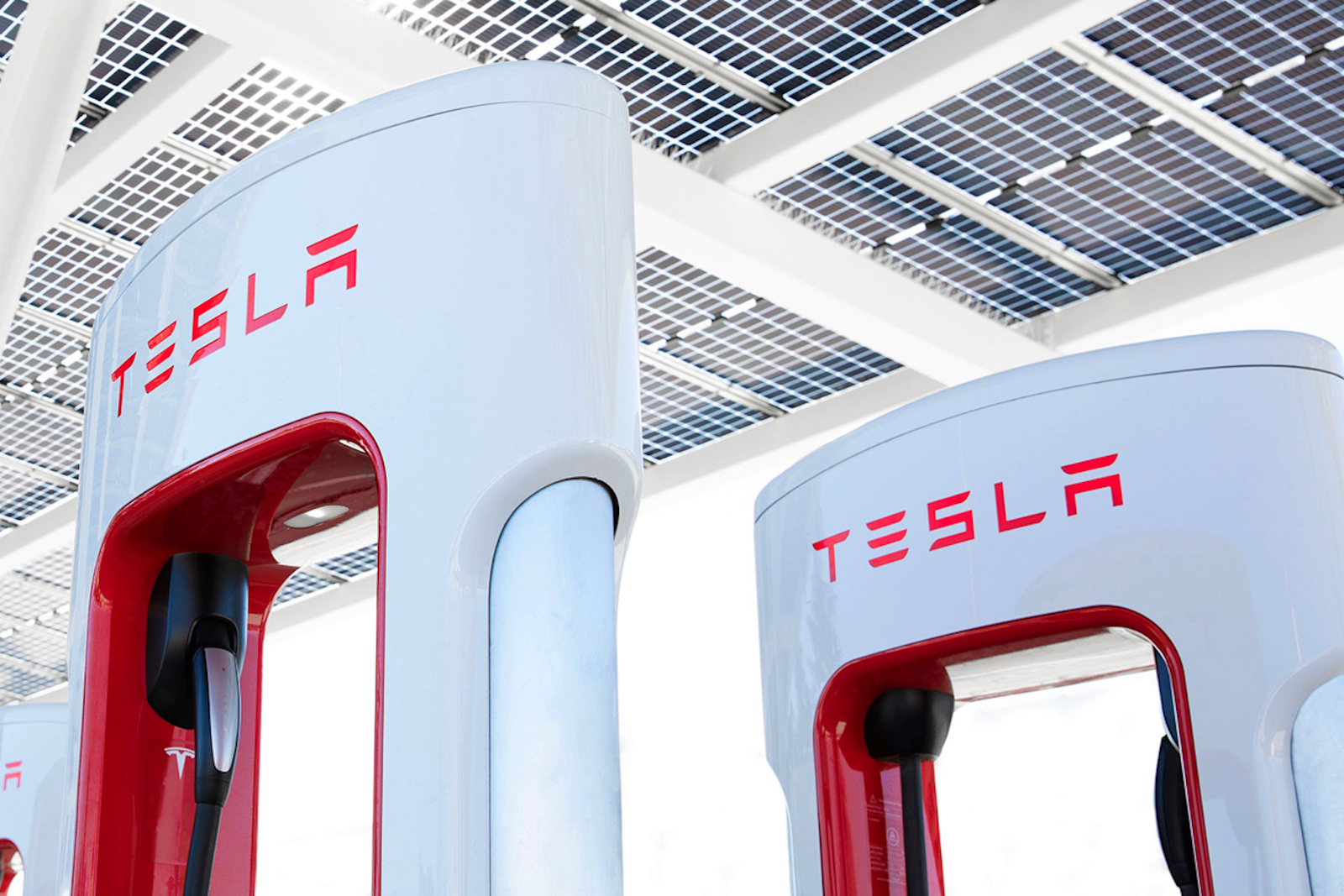
Tesla’s Supercharger network quickly became the standard for automakers in North America. Now other EV charging companies are using the chargers as part of their expanding networks.
Tesla is a multifaceted company that happens to be the world’s top seller of electric vehicles. That may change now that BP placed an order for $100 million worth of “ultra-fast” chargers from the EV maker.
BP is in the early stages of spending $1 billion to create a network of high-speed charging stations across the U.S., dubbed bp pulse, by 2030. Half of that investment will be made in the next three years, the company said.
It’s the first time a non-automaker has made such a purchase from Tesla in the wake of Ford, General Motors, Mercedes-Benz and slew of other automakers agreeing to use Tesla’s charging port as the standard for North America.
The investment will facilitate the expansion of the bp pulse public network across the US, while also enabling support for EV fleet customers by deploying chargers at their private depots, BP said in a statement.
“Strengthening the bp pulse network with Tesla’s industry-leading hardware is a major step forward in our ambitions for high speed, open access charging infrastructure in the US and advances our ambition to delivering an exceptional customer experience,” said Richard Bartlett, global CEO of bp pulse.
“Combined with our vast network of convenience and mobility sites on and off the highway, this collaboration with Tesla will bring fast and reliable charging to EV drivers when and where they need it.”
Broad impact
The company describes Tesla’s 250 kW chargers as “ultra-fast,” although they are not the fastest chargers available currently. Several other EV charging station producers offer “high speed” chargers capable of 350 kW of output.
The problem with Tesla’s competitors isn’t necessarily the speed — although they often do not reach the maximum outputs and it’s a big complaint for EV owners — it’s the reliability. Online forums are a filled with complaints about EV users arriving at a charger or group of chargers only to be greeted with a non-working unit or a line to use the one or two chargers that are working.
In fact, Ford CEO Jim Farley recently encountered similar issues while taking a long trip in a Ford F-150 Lightning with his 15-year-old son. His experience shows that no one is immune to the problem.
When and where
The roll-out is planned to begin in 2024 and locations will include key sites across the bp family of brands, including TravelCenters of America, Thorntons, ampm; and Amoco, as well as at bp pulse’s large-scale Gigahub charging sites in major metropolitan areas and at third-party locations, such as Hertz locations, as part of previously announced collaborations. The first installation sites have been identified in Houston, Phoenix, Los Angeles, Chicago; and Washington D.C.
Tesla’s chargers will also be deployed at select bp pulse fleet customer depots. By pairing bp pulse’s industry-leading, intelligent charge management software, Omega, with Tesla’s fast and reliable chargers, bp pulse gains the distinctive capability to oversee the entire charging process for EV fleets, providing a comprehensive solution for its fleet customers.
“At Tesla, we’re driven to enable great charging experiences for all EV owners. Selling our fast-charging hardware is a new step for us, and one we’re looking to expand in support of our mission to accelerate the world’s transition to sustainable energy. We appreciate bp’s partnership in this area — it’s the right step towards a more sustainable future,” said Rebecca Tinucci, Tesla’s senior director of Charging Infrastructure, in a statement.


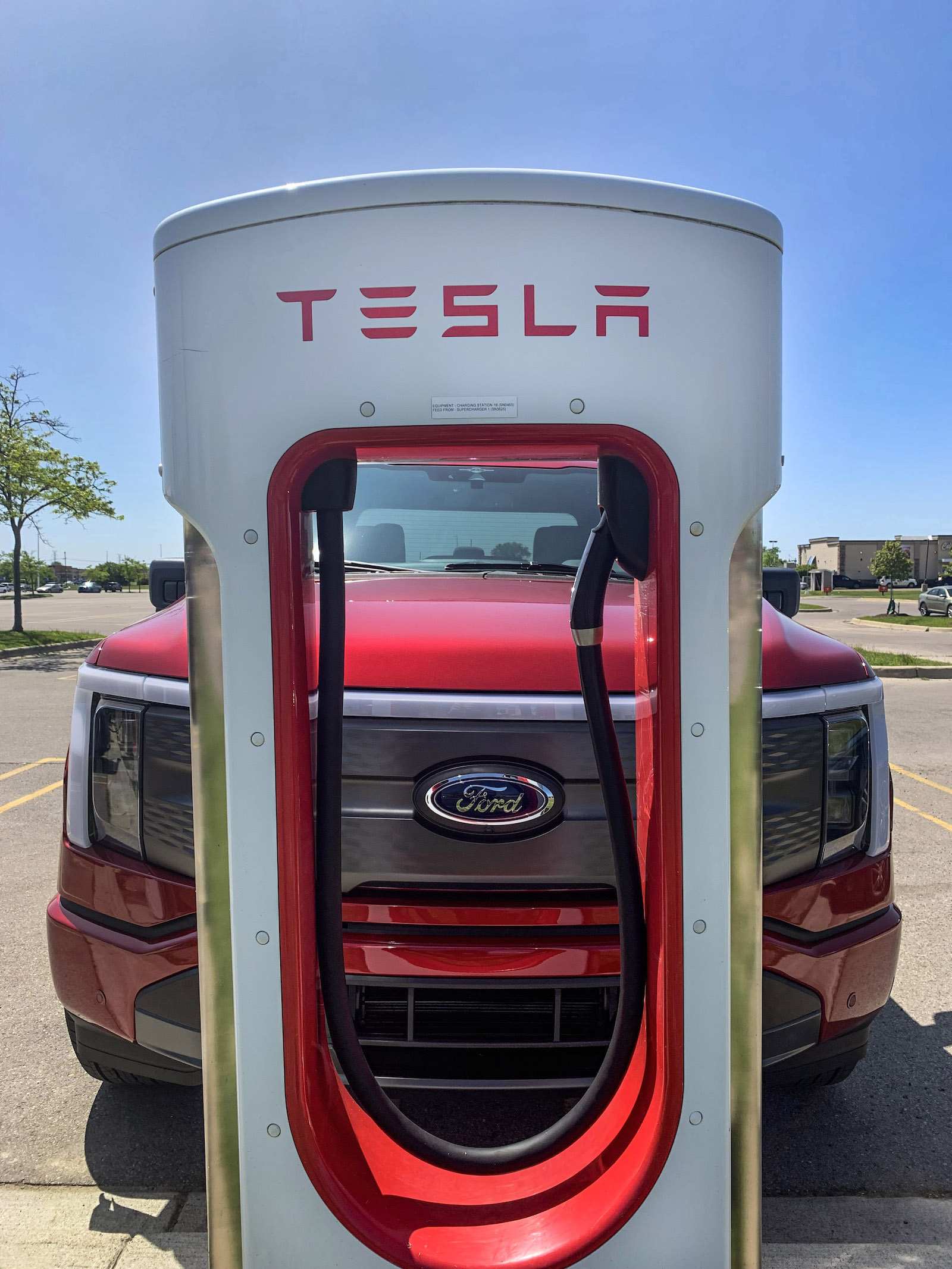
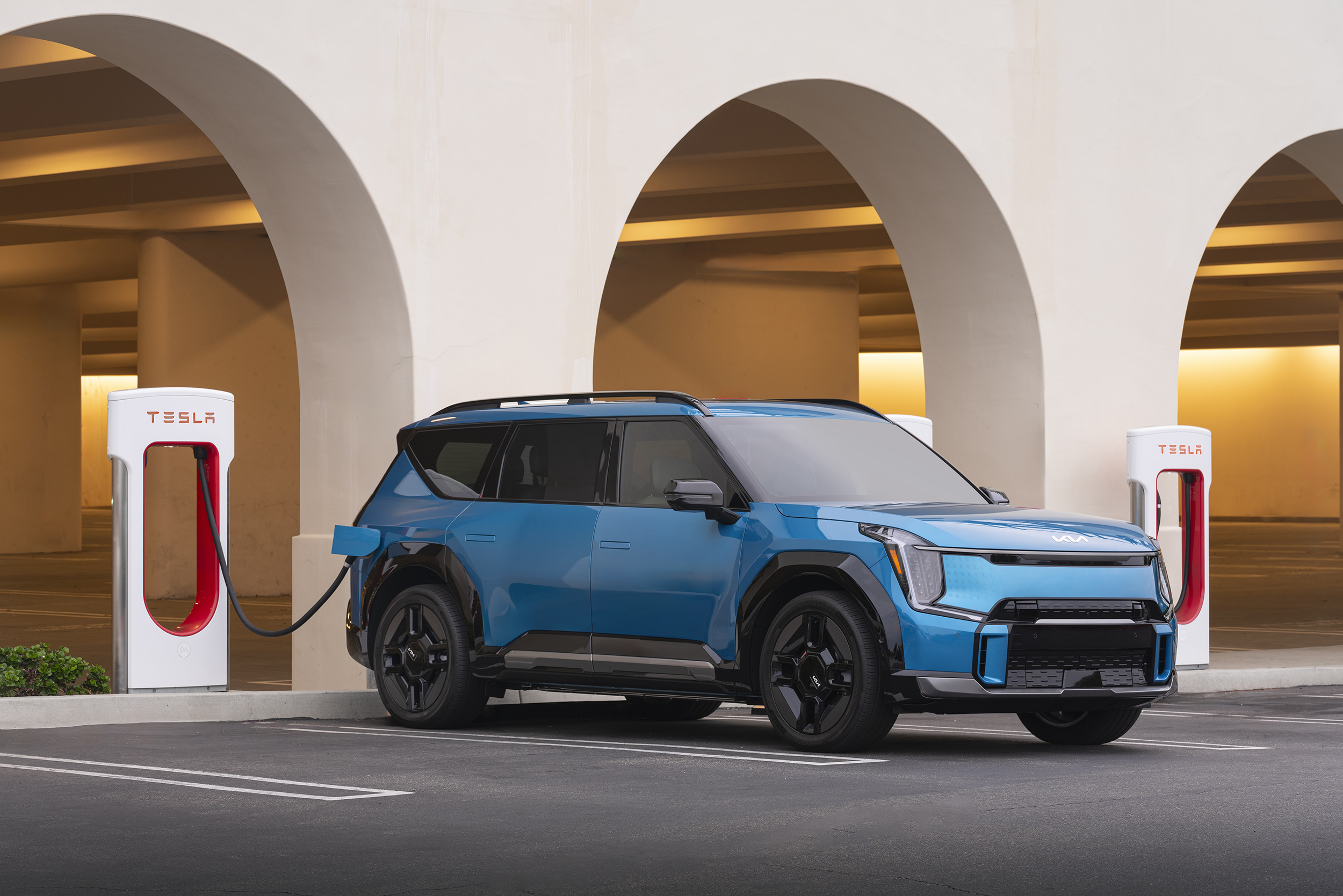
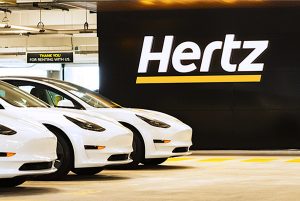
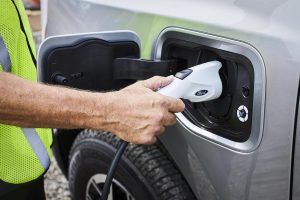
0 Comments